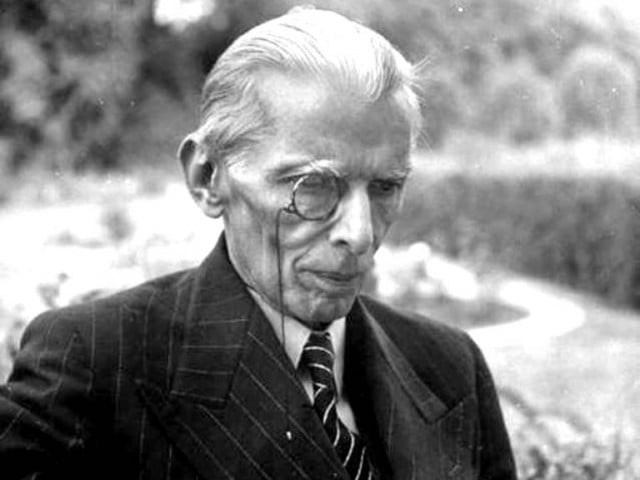Understanding our history: Experts discuss Jinnah’s vision for Pakistan
Seminar organised in celebration of Jinnah’s 139th birthday; his policies and views were examined

Seminar organised in celebration of Jinnah’s 139th birthday; his policies and views were examined PHOTO: EXPRESS FILE
A discussion on ‘Jinnah’s Vision For Minorities’ was organised by the Pakistan Development Forum (PDF) at Brain Gym, where guest speakers Dr Masood, international relations expert Shujaat Hussain and head of the editorial board at the Pakistan Council of Scientific and Industrial Research Sardar Nazish were invited to shed light on Mohammad Ali Jinnah’s vision for the country in celebration of his 139th birthday.
Leghari and the making of ‘Jinnah’

Hussain shed light on Jinnah’s policy, lamenting that we are still lost in a debate whether Pakistan was made to be a secular or theocratic state and that has made us ignorant towards the rights of our minorities.
“If we look at his personal staff, there were people from all the minorities, this fact can lead us to what Quaid-e-Azam actually wanted,” said Dr Masood in reply to a question about what Jinnah actually wanted in terms of minorities.
Jinnah’s letter to Pakistan: Who do I hold accountable?
“He never believed in ethnic or religious divides, his vision was above all this,” added Nazish. “His vision was the same for everyone and that made him a victorious man in the sub-continent,” he claimed.
Dr Masood responded to a question about the resolution to the current crisis and said that the only solution is to change our individual mindset, which will gradually bring change to society.
“Unfortunately, a leader like the Quaid-e-Azam was never born in this country. He was a man of principle and character but our people failed to find or elect a leader like him again. We are actually facing a crisis of leadership,” he explained. He added that nations require a vision but we have been living for the last 70 years without a true leader or vision.
Footprints in time: The lure of Jinnah’s legacy
Nazish said that if we bring tolerance in our individual lives, we can slowly improve and the complaints that our minority groups have will decrease. He was interrupted by Dr Masood who was concerned with the use of the word ‘minority’ as, according to him, “we are all one”.
“I will advise the youth that tolerance and truthfulness are the keys to achieving what Quaid-e-Azam wanted from the nation,” added Nazish.
Hussain said, “Youngsters should research about what secularism actually is and read your history as much as you can”.
Published in The Express Tribune, December 21st, 2015.



















COMMENTS
Comments are moderated and generally will be posted if they are on-topic and not abusive.
For more information, please see our Comments FAQ